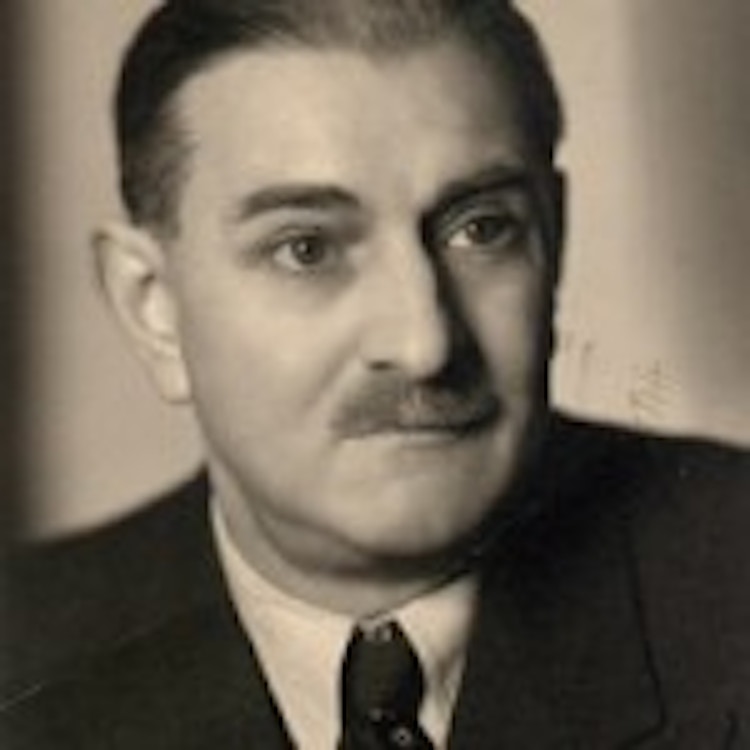""

This album arrived on my desk (okay, on my laptop, if we’re being literal) as a completely unknown quantity. They have a name very similar to a Cambridge band of my acquaintance (The Tupolev Ghost – recommended!), and this was really all that piqued my interest in them enough to make me want to review this, their debut full length album.
The website of their label (Valeot ) tells me that they come from Vienna, and are made up of Peter Holy on piano, Alexandr Vatagin on bass and cello, Lukas Scholler on electronics and David Schweighart on drums. What my ears tell me, is that together they make experimental, avant-garde music.
The album is nearly all instrumental (the exception being a short bit of male vocal which appears towards the end of ‘Nothing’s Gonna Happen’ and snatches of half-heard dialogue, in a foreign language that I was not able to place, on ‘Reaset’), and sounds as if a significant proportion of it is being improvised as it is being recorded. Snatches of gorgeous wind (clarinet?) and string (cello?) instrumentation drift in and out, (‘Garlic 07’, ‘Mohavedi’) but the main musical thrust, on nearly every track, comprises sounds made on the piano: be it chords, individual keys, or arpeggios; and drumming of an unsettlingly irregular rhythm and technique. Occasional weird rumblings and shrill piercing notes (these, in particular are found on ‘Garlic 07’) are produced by indeterminate electronic means; and a static crackle from time to time adds a strangely old-fashioned atmosphere, as if you are listening to the music on a beat-up old ’78.
In general terms a lot of the music sounds like something between free jazz (particularly ‘Rnd 2’) and a film soundtrack. It is generally more successful when the strings add a richer sound than when it is just the piano tinkling along. The closest comparison to other contemporary music that I’ve come across is The Drift, but having only seen them live, at last month’s EIxplosions In The Sky ATP, I don’t know how comparable what they do is to Tupolev, on record.
The problem with Memories of Bjorn Bolssen as an overall album, is that after a while the apparent “randomness” of the sounds begins to grate. Not many examples of a genuine melody or deliberate harmony, for example, are to be found. I was left wondering whether the combining of, say, a drum beat, with a piano chord, with a note on the violin was just stumbled upon by happy accident and pure chance in the middle of the musicians’ jamming/improv sessions. And further: if so, does this actually matter? Does the fact that they may not have been produced deliberately mean that the sounds produced are any more or less interesting, or worthy, or pleasing to listen to? Or, more accurately, the fact of knowing (or presuming) that this is how they have been made? For me, I think it does. With the lack of coherence comes a lack of structure for your ears and mind to latch onto and start to appreciate, so I found that both my mind and my ears rather quickly tired of it. Does this make me a philistine? Maybe so, and I would be genuinely interested to hear the thoughts of others who have listened to the album – perhaps there is a “way in” to this kind of music, that I have just not managed to find.
For now though, until I work out some kind of “way in”, I’m going to score it a quite-possibly-unfair:
50%
Links
Tupolev [myspace ]
Get the Best Fit take on the week in music direct to your inbox every Friday

Prima Queen
The Prize

Femi Kuti
Journey Through Life

Sunflower Bean
Mortal Primetime





